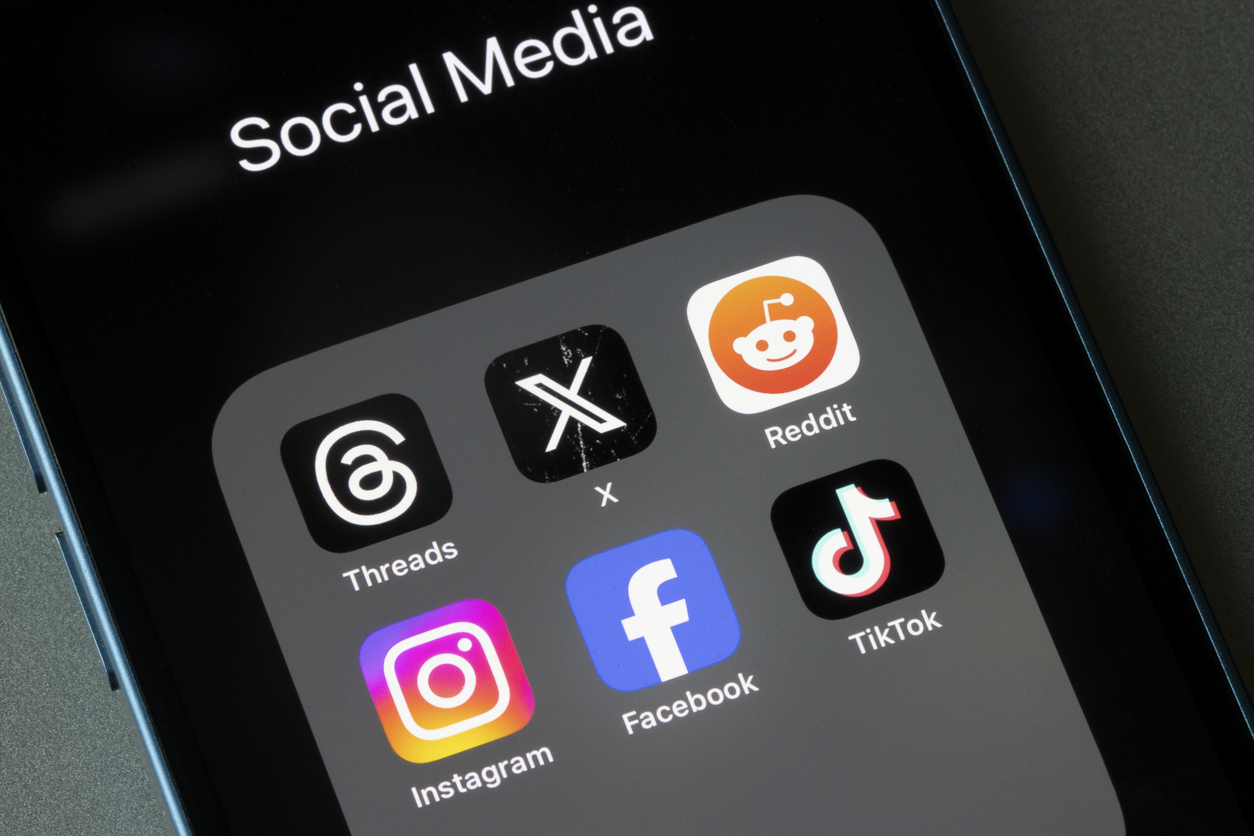The Scoop: TikTok reveals first glimpses of strategy against U.S. ban attempts
Plus: Top editor won’t take WaPo job after all; American Airlines tries to rebuild trust after racist incident.

Besieged app TikTok has filed its first legal briefs striking back against a U.S. law that would force its sale from its Chinese owners or else face a ban.
Unsurprisingly, the app is pursuing a strong First Amendment angle, claiming the sale-or-ban requirement “sets a dangerous precedent allowing the political branches to target a disfavored speech platform and force it to sell or be shut down,” according to the Washinton Post.
There is a certain irony in an app that is fighting to retain its Chinese ownership and access to the U.S. market is promoting free speech, when citizens of that nation are not able to access TikTok due to internet censorship laws. But here we are.
TikTok also included a 100-page proposed agreement it offered in 2022, which would have provided the government broad powers to control the app, including a “kill switch” to shut it off entirely.
The Biden administration declined the offer without detailing precisely how it failed to address concerns.
“Congress reached for a sledgehammer without even considering if a scalpel would suffice,” TikTok argues.
Why it matters: The legal fight over the future of TikTok will be messy and complex. And make no mistake: legal filings can be PR strategies. Every major media outlet in the United States and beyond is now sharing layman friendly breakdowns of TikTok’s arguments, which can then be picked up and repeated by their boosters, who can still contact their representatives and ask for the law to be repealed.
With a new Congress set to be ushered in come January, the courts are not the only possible redress for TikTok’s woes.
Releasing its past attempts at finding compromise with the government helps paint TikTok as a reasonable, solutions-oriented party.
Of course, the government will get their say too, which will in turn filter into the media and the court of public opinion.
Expect for more plays for the sympathies and allegiances of the American public, especially as November looms closer.
Editor’s Top Reads:
- Robert Winnett, the top editor picked to lead the Washington Post after the election, has opted instead to stay with The Daily Telegraph after reporting revealed his involvement in activities that go against U.S. journalistic ethics. “It is with regret that I share with you that Robert Winnett has withdrawn from the position of editor at The Washington Post,” William Lewis, publisher of the Post, wrote in an email to staff, the New York Times reported. Can Lewis himself survive amid his choice to appoint such a compromised editor – and accusations tying him to questionable activities in the U.K. and alleged attempts to quash stories in the U.S.? For the moment, Post owner Jeff Bezos seems to be sticking with Lewis, releasing a statement reemphasizing his commitment to traditional journalistic ethics. But as internal and external pressure grow, we’ll see if even one of the wealthiest men in the world can withstand the pressure.
- American Airlines has announced a series of efforts to “rebuild trust” after eight Black men were removed (and later allowed to reboard) a flight. Three of the men, who were traveling separately, are now suing the airline for “blatant and egregious racial discrimination.” American CEO Robert Isom called the incident “unacceptable” and offered a series of new initiatives, including a Black traveler advisory board, improving internal reporting processes for allegations of discrimination and training for employees. These are fine first steps, but they’re vague and lacking in specifics on what went wrong, what will change and how it will be prevented from happening in the future. With ongoing litigation, there’s only so much the company can say, but to truly rebuild trust, there must be ongoing, transparent communication.
- As the Cannes Festival of Creativity winds down, two major trends have emerged: AI (obviously) and sports. The first goes without saying; one presenter joked that, “If the drinking game was called ‘AI,’ we’d all be passed out by noon.” But sports presented itself as a unifier in an increasingly fragmented media landscape; a chance for audiences to experience something together, in real-time, while building strong affinity for teams, athletes and sponsors. To underscore the point, the Olympic torch, on its way to Paris, passed directly through the festival. Read Ragan Communications CEO Diane Schwartz’ dispatch from Cannes, including much more on AI in PR.
Allison Carter is editor-in-chief of PR Daily. Follow her on X or LinkedIn.







